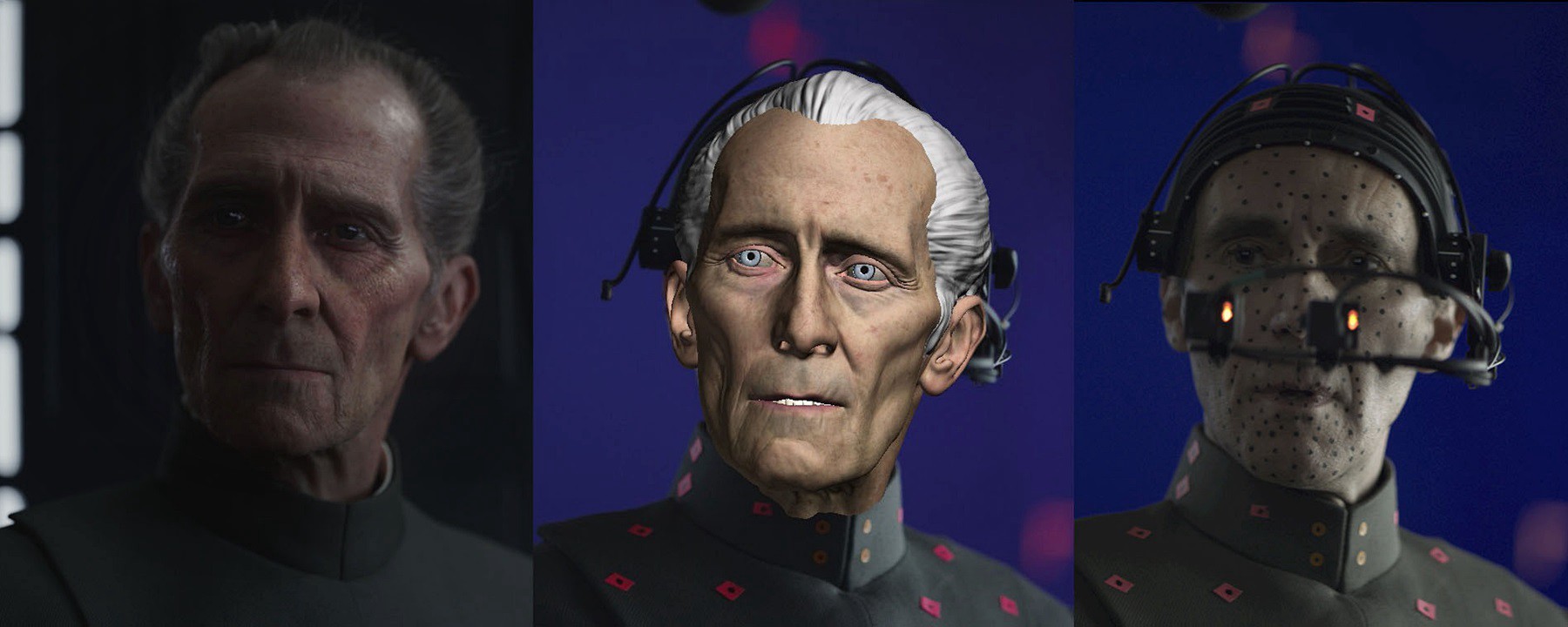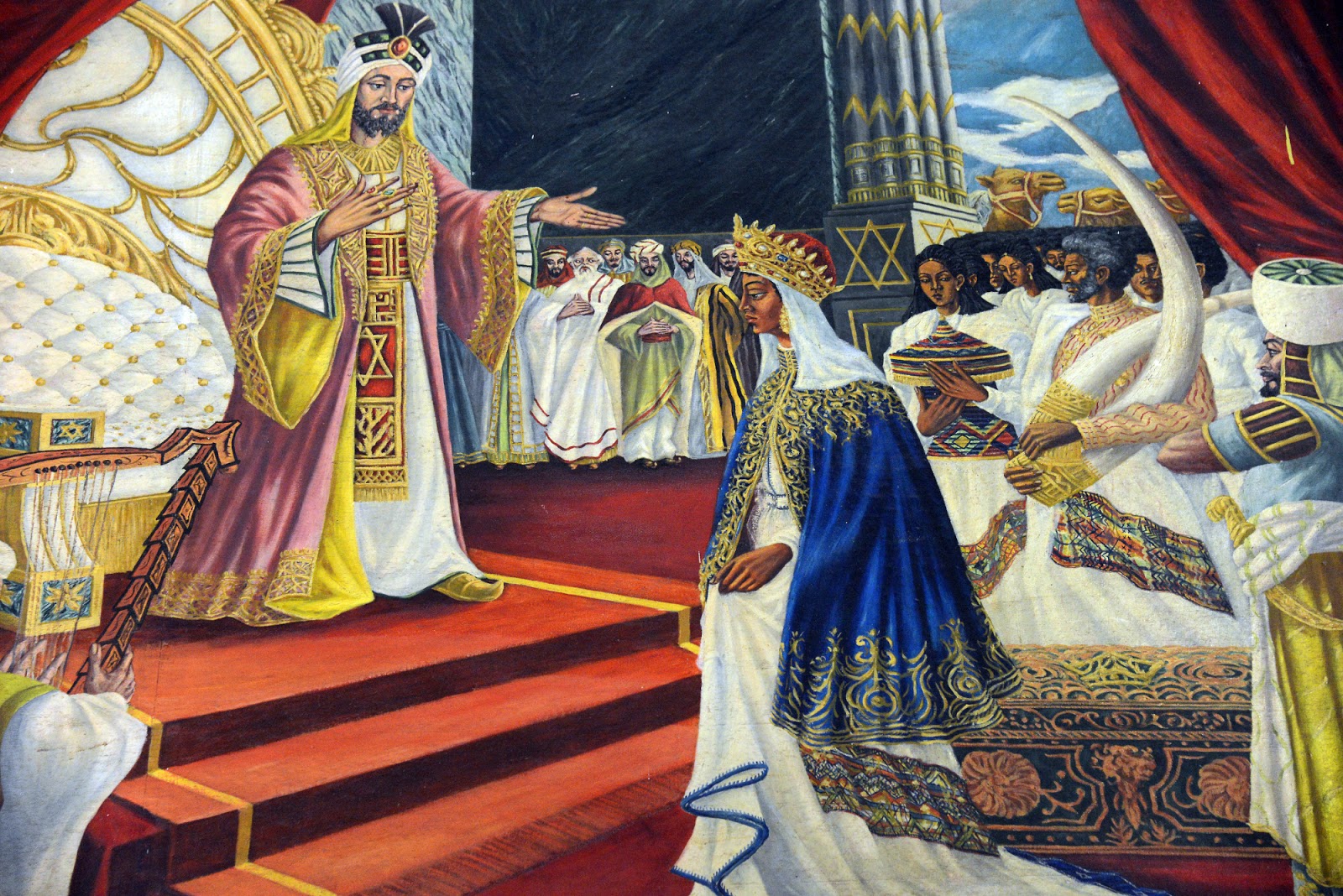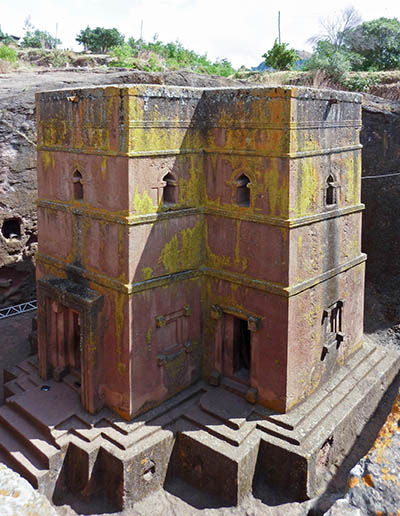Demons of the Punjab Review
In any previous season, this would have been a minor gem; in this context, it feels like a cool drink of water in the desert. After five episodes that repeatedly struggled at the task of being about things where the one that seemed to know what it was doing had its own deep problems, here we get an episode of admirable clarity and focus that deftly balances the broad historical and intimate personal scales. There’s nothing save for the agonizingly overdue engagement with India that makes the story extraordinary, but there’s also a refreshing lack of any significant flaws, and all in all this feels like the most developed idea of what Doctor Who should be in 2018 that we’ve had to date.
Let’s start with the politics. There are obvious fallings short; the clangingly bad line about the Doctor forwarding Prem’s complaints on to Mountbatten next time she sees him being the worst. And more broadly, there’s a milquetoast tendency throughout to place responsibility for the violence of partition on the masses instead of on the British empire, which finds itself blamed more for the carelessness of partition than for the exploitation that preceded it. None of this was sufficient to spoil my enjoyment; I suspect Jack will feel differently. Indeed, in some ways I hope that he does, because the show should be held to account for things like this. But as an American who learned a lot about partition from this episode, I’ll merely flag it as a concern and return to it in the podcast.
Instead, let’s turn to the story’s notion of what history is. Unlike with Rosa, what we have here is much more consistently a Whtitakerian “not one line” to history’s permanence. As with most of the Hartnell era (The Aztecs, ironically, excepted) this is not presented as a moral point so much as a pragmatic one. The TARDIS team is simply not put in a position to make changes to history. This isn’t a celebrity historical where the Doctor meets Mountbatten (which is part of why that line rankles so badly); it’s a story where she’s on a farm in a remote part of the border outside the Welshest forest in India. Changing history isn’t a concern in the first place. Even the inevitable death of Prem is largely taken out of the Doctor’s hands, positioned outside of morality by the fact that any other outcome would eliminate Yaz from history. The same sense of passivity that pervades Rosa is in play here, but it’s justified as something other than moral duty, and finds itself working, much as it did in 1964.
Indeed, this is in many ways the closest to a pure historical the new series has yet come. Rosa may have been low on sci-fi trappings, but the plot was still fundamentally science fiction: two time travellers fighting over history. There’s no way to rewrite it as a pure historical without losing the central plot. But there’s no real reason the Vajarian need to be here.…

 Sections of this piece are drawn from conversations with
Sections of this piece are drawn from conversations with 
 The earliest known state to emerge was the Kingdom of D’mt around the 10th century BCE. The people of this kingdom spoke an early Ethio-Semitic language, and traded extensively with the Sabeans of the Southern Arabian peninsula. (They were almost certainly not descended from Sabean migrants themselves – Ethiopia was, in fact, one of the first places Semitic languages were spoken). This kingdom gave way to (or evolved into, or was incorporated into) the Kingdom of Axum, a prosperous superpower whose extent at its apex reached across the Red Sea into Yemen. Notably, it was among the first states to adopt Christianity as an official religion. Axum collapsed under mysterious circumstances in the 10th century CE, even as the heart of its territory remained predominantly Christian. This was succeeded by the Ethiopian Empire, ruled first by the Zagwe dynasty and then by the Solomonic dynasty – so named because it claimed descent from the first King of Axum, whom they claimed was the son of King Solomon by the Queen of Sheba.
The earliest known state to emerge was the Kingdom of D’mt around the 10th century BCE. The people of this kingdom spoke an early Ethio-Semitic language, and traded extensively with the Sabeans of the Southern Arabian peninsula. (They were almost certainly not descended from Sabean migrants themselves – Ethiopia was, in fact, one of the first places Semitic languages were spoken). This kingdom gave way to (or evolved into, or was incorporated into) the Kingdom of Axum, a prosperous superpower whose extent at its apex reached across the Red Sea into Yemen. Notably, it was among the first states to adopt Christianity as an official religion. Axum collapsed under mysterious circumstances in the 10th century CE, even as the heart of its territory remained predominantly Christian. This was succeeded by the Ethiopian Empire, ruled first by the Zagwe dynasty and then by the Solomonic dynasty – so named because it claimed descent from the first King of Axum, whom they claimed was the son of King Solomon by the Queen of Sheba. Dismembered Bits and Pieces of an Introduction;
Dismembered Bits and Pieces of an Introduction;